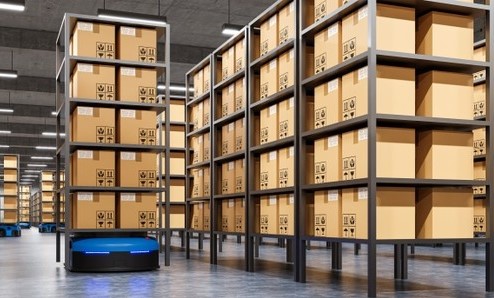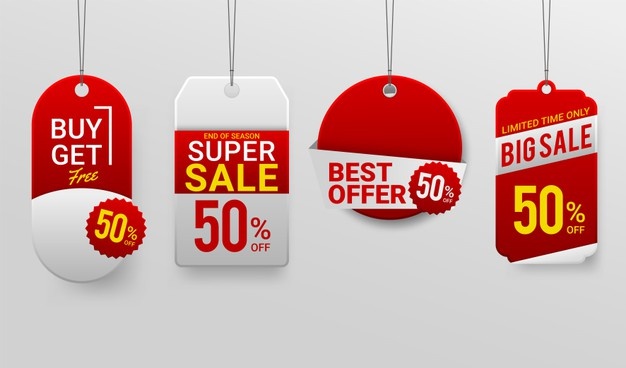Certainly it is an art to cut costs without compromising the quality of the products. That is to say, it is very effective for retailers to spend less while maintaining the quantity and standard. There are several reasons that make retailers cut costs. Firstly retailers can have a tight budget at some point in time in their business. Secondly, they might plan to increase their sales while saving the money spent by them. To clarify, whatever the reason might be, it is best to cut costs and improve profits.
However, retailers should not worry that this will affect their standard and quality. In other words, retailers can maintain the product quality and the standard of their company while cutting their costs. Let’s see what are the ways through which retailers can maintain their quality while spending less.
Cut Costs through Customer Retention
Certainly keeping the old customers is way more inexpensive than making new customers. Therefore retailers should focus more on implementing customer retention strategies in their stores. In other words, instead of spending loads of money to acquire new customers, retailers should use the already present resources to secure their regular customers. For example, retailers can track their regular customers through their POS systems. Consequently, they can send them offers that shall help increase sales. This is a very effective way to cut costs but still market the brand. Therefore retailers can further plan several other strategies that they can implement to retain their customers.
Surprise the Customers
Certainly, effective customer service is the most important in retail. Therefore adding in the element of surprise for the customers is also very important. Consequently, retailers shall be able to entertain and satisfy their customers. In other words, sending surprise discounts and promotions to the customers not just results in better customer service but also increased sales. For example, if they are offered discounts, there is a high chance that they shall visit the store more because the limited time discount shall help them visit the store and purchase.
Cut costs by Spending on maintaining the Quality instead of Promotions
One of the most effective ways to cut costs is to offer high-quality products and the best services to the customers. That is to say, presenting customers with extraordinary service and the best quality products naturally leads to loyalty on the part of customers. In short, if the service and products are of exceptional quality, retailers can cut costs while spending on promotions and advertisements because the service and products will speak for themselves. That is to say, it is better to only invest in making the best products instead of investing in its promotions as well. As a result, such retailers are confident while selling their products because they have not compromised on the quality.
Subletting the Store; an Effective way to Cut Costs
One of the biggest retail expenses is the cost of the store. Therefore subletting a part of the store is very effective and helpful in cutting costs. That is to say, other businesses that are able to move into your allotted space can shift there. As a result, the retailers will be able to share the floor expenses and rent. Therefore retailers can consider implementing this tip in their stores to cut costs.
Effective Vendor Relationships
Certainly, retailers should try to be good clients. There are businesses that completely lack professionalism. Therefore firstly retailers need to be cordial and polite with their vendors. Secondly, they should have strict rules when it comes to payment. As a result, these things lead to effective vendor relationship management, which eventually results in retailers’ favor.
Certainly, cash flow is essential for all businesses. Therefore retailers who pay on time are respected and praised. There are vendors who have payment history lists. Further, they rate retailers on their payment. That is to say, they note if their payment is on time. Consequently, the merchants that pay on time will definitely have better terms with their vendors. As a result, vendors offer them better prices as compared to the rest of the market. In short, these merchants are respected and offered discounted prices. Therefore maintaining effective ties with vendors will eventually help retailers to cut costs.
Invest in Employee Satisfaction
Losing employees is way more expensive than keeping them motivated and satisfied. Therefore retailers should invest in already existing employees. That is to say, retailers can keep them happy. However, it is not essential that retailers spend lots of money on motivating and pleasing their customers. In short, retailers can do little gestures that please their customers. For example, commending and appreciating them. Another important tip is to give bonuses instead of increasing salaries.
To conclude, retailers do not have to lose their quality when they plan to cut costs. As mentioned earlier, while retaining the resources and customers they already have, retailers can effectively cut costs.









